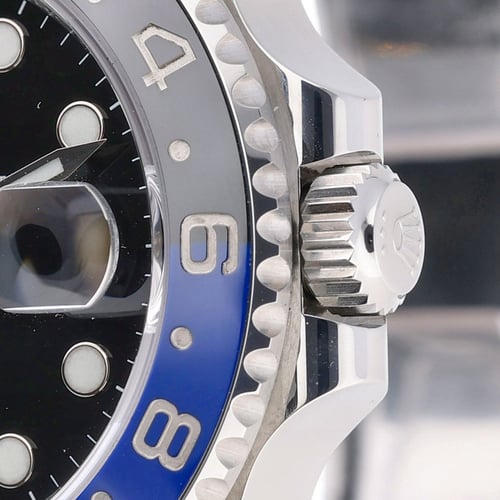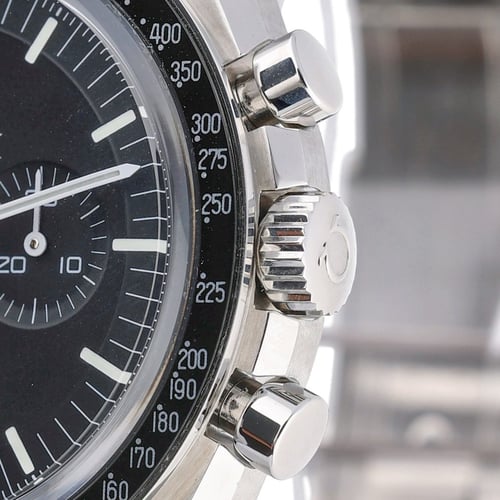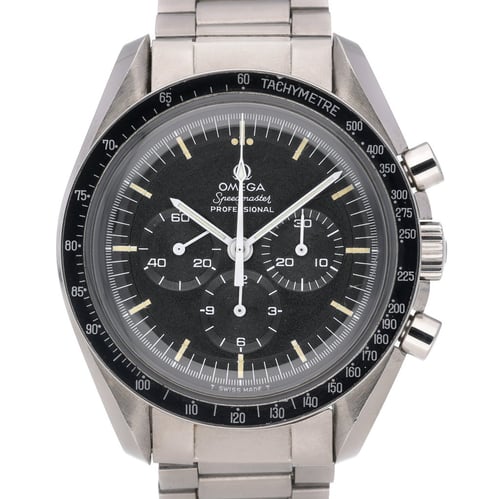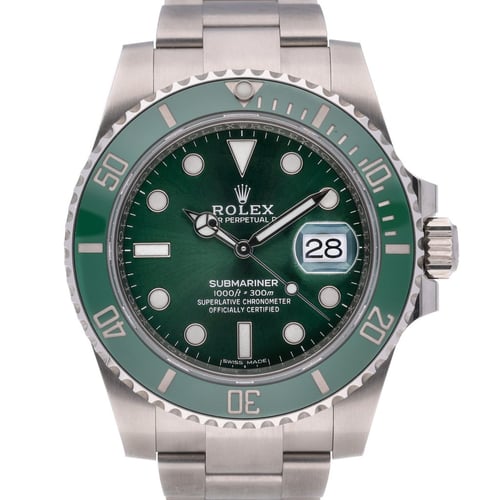When it comes to luxury timepieces, one of the most common questions enthusiasts and prospective buyers ask is, "Which is better: mechanical or automatic watches?" Both types of watches are highly respected in the horology world, offering intricate craftsmanship, precision, and timeless appeal. However, there are key differences between the two that may sway your preference depending on your lifestyle, tastes, and needs.
In this article, we’ll break down the differences between mechanical watches and automatic watches, weigh their pros and cons, and help you determine which is better suited for your wrist. Plus, if you’re looking to add one of these timeless pieces to your collection, buying pre-owned luxury watches from BQ Watches offers incredible value and authenticity.
A mechanical watch refers to any timepiece powered by a manually wound movement. In other words, the wearer needs to manually wind the crown to tighten the mainspring, which then gradually unwinds to power the watch. Mechanical watches date back centuries and are admired for their craftsmanship, traditional design, and precision.
Mechanical watches contain a series of gears, springs, and escapements that regulate time. These watches are meticulously crafted and require regular winding to function. The appeal of a mechanical watch lies in its classic, time-honoured engineering, making them perfect for those who appreciate the art of watchmaking.
An automatic watch (also known as a self-winding watch) is a type of mechanical watch, but with a crucial difference: it winds itself using the motion of the wearer’s wrist. Inside an automatic watch, a small rotor spins with the movement of your wrist, tightening the mainspring, which powers the watch. As long as the watch is worn regularly, it will continue to wind itself, eliminating the need for manual winding.
The beauty of automatic watches is that they combine the heritage and craftsmanship of mechanical watches with the added convenience of self-winding technology.




There is no definitive answer to whether mechanical or automatic watches are better; it largely depends on your personal preferences and how you intend to use the watch. Here are a few considerations to help you decide:
If you love traditional craftsmanship and don’t mind winding your watch regularly, a mechanical watch might be the better choice for you. The satisfaction of interacting with your watch every day can make owning a mechanical timepiece a rewarding experience.
If you prefer convenience and want a watch you can wear daily without the need for constant winding, an automatic watch is likely the better option. Automatic watches combine the precision of mechanical movements with modern convenience, making them a practical yet luxurious choice.
Mechanical Watch Models:
Patek Philippe Calatrava: A classic example of fine watchmaking, the Calatrava is admired for its elegance and craftsmanship. It requires manual winding and is perfect for those who appreciate traditional timepieces.
A. Lange & Söhne 1815: This German-made, manually wound watch is a symbol of horological precision. Its understated design appeals to collectors who favour timeless aesthetics.
Vacheron Constantin Patrimony: Known for its minimalist beauty, the Patrimony is a sophisticated mechanical timepiece that reflects the brand’s deep history in haute horlogerie.
Automatic Watch Models:
Rolex Submariner: One of the most iconic automatic watches, the Submariner is revered for its durability and timeless design. Its self-winding movement is powered by the motion of the wearer’s wrist.
Omega Seamaster Planet Ocean: A robust diver’s watch with automatic movement, the Seamaster Planet Ocean is a favourite among adventurers and James Bond enthusiasts.
Tag Heuer Carrera: This stylish sports watch features an automatic movement and combines performance with elegance, making it ideal for both casual and formal occasions.
Buying a pre-owned luxury watch offers numerous benefits, whether you’re looking for a mechanical or automatic timepiece:
Value for Money: The pre-owned market often provides better value, allowing you to purchase a high-quality mechanical or automatic watch at a lower price than buying new.
Rare and Vintage Models: The pre-owned market is the perfect place to find rare or discontinued models, giving you access to watches that are no longer in production.
Certified Authenticity: At BQ Watches, all of our pre-owned watches are thoroughly inspected, serviced, and certified for authenticity, ensuring you get a genuine luxury watch in excellent condition.